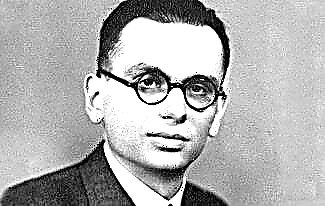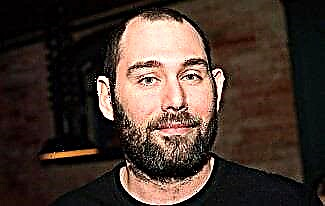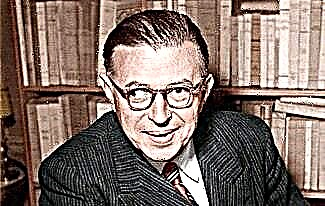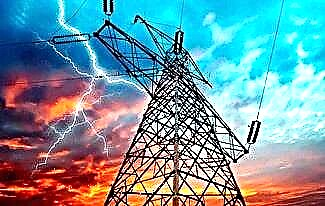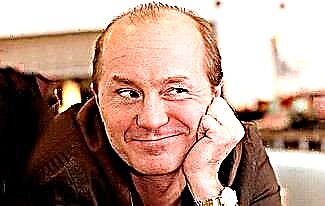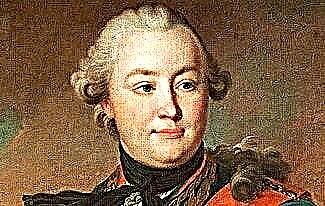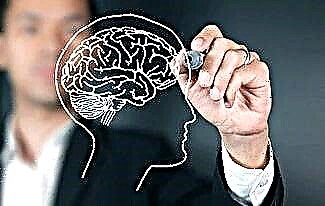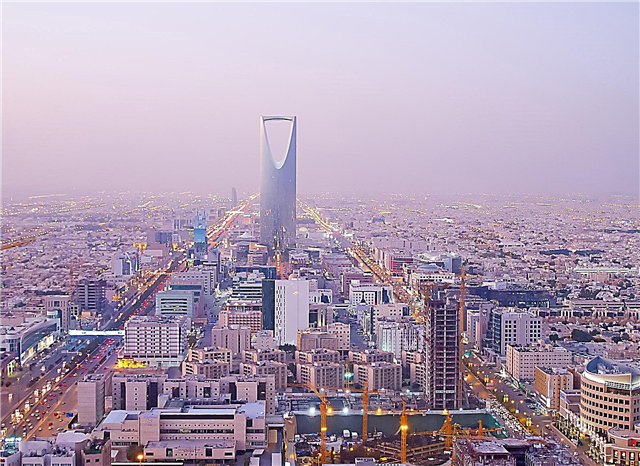Galileo Galilei (1564 - 1642) is considered one of the greatest scientists in human history. Galileo made many discoveries with practically no material base. For example, then there were no more or less accurate clocks, and Galileo measured the time in his experiments with the acceleration of free fall by his own pulse. This also applied to astronomy - a telescope with only a threefold increase allowed the Italian genius to make fundamental discoveries, and finally bury the Ptolemaic system of the world. At the same time, having a scientific mindset, Galileo wrote his works in a good language, which indirectly speaks about his literary abilities. Unfortunately, Galileo was forced to devote the last 25 years of his life to a fruitless confrontation with the Vatican. Who knows how far Galileo would have advanced science if he had not squandered his strength and health in the fight against the Inquisition.
1. Like all the outstanding figures of the Renaissance, Galileo was a very versatile person. His interests included mathematics, astronomy, physics, strength of materials and philosophy. And he began to earn money as an art teacher in Florence.

2. As is often the case in Italy, Galileo's family was noble but poor. Galileo was never able to complete the university course - his father ran out of money.
3. Already at the university Galileo showed himself to be a desperate debater. For him there were no authorities, and he could start a discussion even on those issues in which he was not very well versed. Oddly enough, this has created a very good reputation for him.
4. The reputation and patronage of the Marquis del Monte helped Galileo to obtain a scholarly position at the court of the Duke of Tuscany Ferdinand I Medici. This allowed him to study science for four years without thinking about his daily bread. Judging by subsequent achievements, it was the Medici patronage that became the key in the fate of Galileo.

Ferdinand I de Medici
5. For 18 years Galileo worked as a professor at the University of Padua. His lectures were very popular, and after the first discoveries, the scientist became known throughout Europe.
6. Spotting scopes were made in Holland and before Galileo, but the Italian was the first to guess to look at the sky through a tube made by himself. The first telescope (the name was invented by Galileo) gave an increase of 3 times, improved by 32. With their help, the astronomer learned that the Milky Way consists of individual stars, Jupiter has 4 satellites, and all the planets revolve around the Sun, not only the Earth.

7. Two of Galileo's greatest discoveries that turned the then mechanics upside down were inertia and the acceleration of gravity. The first law of mechanics, despite some later refinements, rightly bears the name of an Italian scientist.

8. It is possible that Galileo would have spent the rest of his days in Padua, but the death of his father made him the main one in the family. He managed to marry two sisters, but at the same time he got into such debts that the professor's salary was not enough. And Galileo went to Tuscany, where the Inquisition was raging.
9. Accustomed to liberal Padua, a scientist in Tuscany immediately fell under the hood of the Inquisition. The year was 1611. The Catholic Church recently received a slap in the face with the Reformation, and the priests lost all complacency. And Galileo behaved worse than ever. To him Copernicus' heliocentrism was an obvious thing, just like the rising of the sun. Communicating with cardinals and Pope Paul V himself, he saw smart people in them and, apparently, believed that they would share his beliefs. But the churchmen, in fact, had nowhere to retreat. And even in this situation, Cardinal Bellarmino, explaining the position of the Inquisition, wrote that the Church does not object to scientists developing their theories, but they do not need to be loudly and widely propagated. But Galileo had already bitten the bit. He was not even stopped by the inclusion of his own books on the list of prohibited. He continued to write books in which he defended heliocentrism in the form of not monologues, but discussions, naively thinking to deceive the priests. In modern terms, the scientist trolled the priests, and he did it very thickly. The next Pope (Urban VIII) was also an old friend of the scientist. Maybe, if Galileo had tempered his ardor, everything would have ended differently. It turned out that the ambitions of the churchmen, backed up by their power, turned out to be stronger than the most correct theory. In the end, after the publication of yet another book, "Dialogue," cunningly disguised as a discussion, the patience of the church was exhausted. In 1633, Galileo was summoned to Rome despite the plague. After a month of interrogation, he was forced on his knees to recite a recantation of his views and was sentenced to house arrest for an indefinite period.

10. Reports of whether Galileo was tortured are contradictory. There is no direct evidence of torture, there is only mention of threats. Galileo himself wrote in his notes about the poor health after the trial. Judging by the daring with which the scientist dealt with the priests before, he did not believe in the possibility of a harsh sentence. And in such a mood, the mere sight of the instruments of torture can greatly affect a person's resilience.
11. Galileo was not recognized as a heretic. He was called “highly suspect” of heresy. The wording is not much easier, but it allowed the scientist to avoid the fire.
12. The phrase “And yet it turns” was invented by the poet Giuseppe Baretti 100 years after the death of Galileo.
13. Modern man may be surprised by one of Galileo's discoveries. The Italian saw through a telescope that the moon was similar to the earth. It would seem that the bright Earth and the gray lifeless Moon, what is similar in them? However, it is so easy to reason in the 21st century with the knowledge of astronomy. Until the 16th century, cosmography separated the Earth from other celestial bodies. But it turned out that the Moon is a spherical body, similar to the Earth, on which there are also mountains, seas and oceans (according to the then ideas).

Moon. Galileo drawing
14. Due to the harsh conditions under house arrest, Galileo became blind and for the last 4 years of his life he could only dictate his work. The wicked irony of fate is that a person who first looked at the stars ended his life without seeing anything around him.
15. The changing attitude of the Roman Catholic Church towards Galileo is well illustrated by two facts. In 1642, Pope Urban VIII forbade the burial of Galileo in the family crypt or the erection of a monument on the grave. And 350 years later, John Paul II recognized the fallacy of the actions of the Inquisition against Galileo Galilei.

